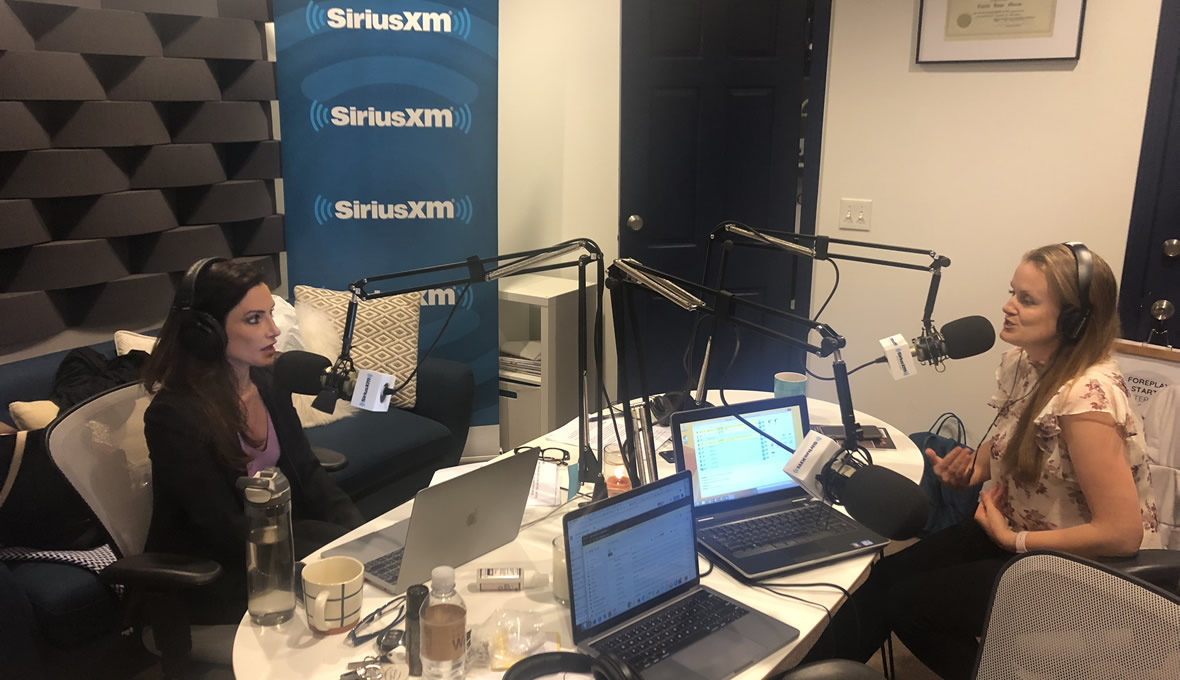How Can We Help You Recover From Vaginismus?
Vaginismus is defined as involuntary muscle spasms involving the superficial pelvic floor muscles that typically cause painful entry, limiting or preventing intercourse, tampon insertion or pelvic exams. Many women will also describe "a wall" that limits penetration, that may or may not be painful.
See http://www.nhs.uk/conditions/vaginismus/Pages/Introduction.aspx for more information.
Vaginismus, overactive pelvic floor, painful intercourse, vulvodynia, vulvar vestibulitis, vestibulodynia, dyspareunia, interstitial cystitis, and more are all covered in Heather Jeffcoat's book "Sex Without Pain":
"Sex doesn't have to hurt! Whether your pain during intercourse (or your partner’s) began with a first sexual experience or after pregnancy or injury, this step-by-step guide can put you on the path to recovery, and to enjoying the sex life you deserve."
For more information and to order your own copy of this amazing book, go here.
Does Vaginismus Create the Fear, or Does the Fear Create Vaginismus?
In the case of the vast majority of the women I've treated over the years, there is an overwhelming physical component to their pain which is clearly made worse by the emotional/psychological component. Just to draw a parallel to other types of muscle-based pains, the same emotional/psychological components are observed in patients with low back pain, neck pain, knee pain and basically any type of pain. If it hurts your back to bend over, you will eventually stop doing that functional activity in order to avoid the back pain. If it hurts your knee to run, you will eventually stop running to avoid the pain. If it hurts to have sex, that too, will cease in order to avoid the pain. People with chronic back pain get anxiety and/or fear around doing certain activities, as do women with sexual pain. Health providers need to end the stigma associated with female sexual pain and point their patients and clients in the right direction.
The best way to treat these women is through a multidisciplinary approach that address all facets: physical and emotional. An important third factor is any potential medical problem, that clearly must be ruled out so the true healing can begin.
The full article can be found here.
Pelvic floor physical therapy is one of the best kept secrets in medicine.
Recently, I was on a plane flight and sat next to two women. They were very chatty with one another and quickly swept me up into their conversation. Inevitably, in situations like this, everyone asks “So what do you do for a living?”. My answer always used to be “I’m a physical therapist”. The past couple of years, however, my standard response is “I’m a physical therapist, but let me tell you about what kind of physical therapist I am”. Then I go into the diagnoses I treat related to bowel, bladder and sexual health and, in general, how I treat them. Across the board, their reaction is a mix of astonishment and genuine interest. The follow up dialogue is always eye-opening for them, and more often than not, they will report either knowing someone close to them as having one of these pelvic floor issues, or they have it themselves.
These two women on the plane were asking me many questions. As it turned out, the early-20’s aged women sitting directly next to me had cervical cancer followed by a fertility-sparing procedure called a trachelectomy. Ever since her surgery, she has experienced painful intercourse. She hadn’t even mentioned this to her doctors, as she thought it was just her new norm due to her surgery. I told her about pelvic floor physical therapy and encouraged her to follow up with her doctor and ask for a referral. Needless to say, she was excited about the prospect of getting help for this pain that has plagued her for over two years.
Heather Jeffcoat, DPT is the author of Sex Without Pain: A Self-Treatment Guide to the Sex Life You Deserve and the owner of Fusion Wellness and Physical Therapy and Femina Physical Therapy in Los Angeles, CA. You can read her full bio here.




